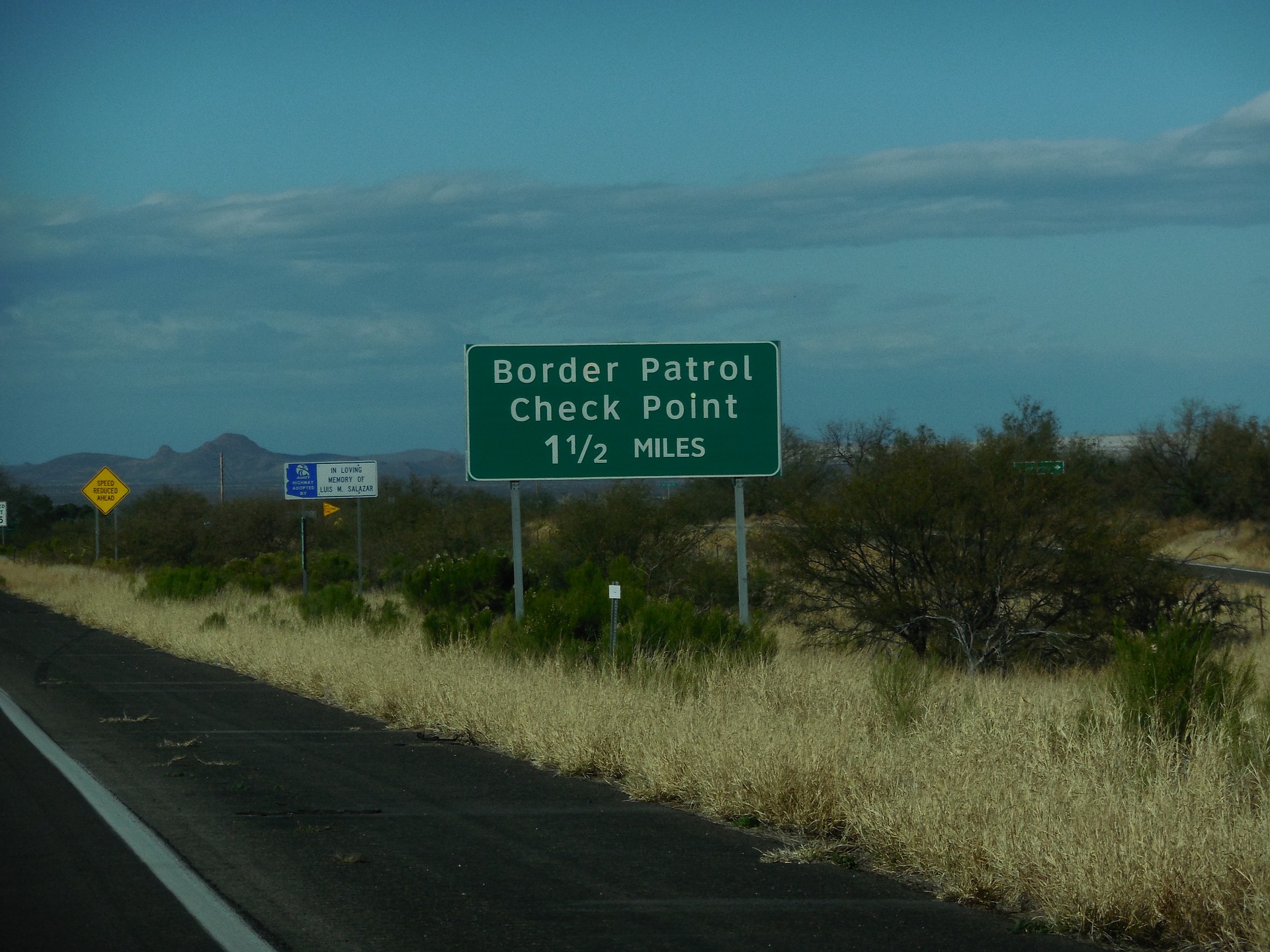Border Patrol: What Should Immigrants Know About Interior Checkpoints and Their Rights?

The situation at the border has been increasing tension around the country for months. People are being detained, families are being separated, and individuals trying to flee situations in their homelands are being turned away at the border. The situation has divided United States citizens as well, and there has been a lot of talk about the rights of the people trying to enter the country, and the rights of Border Patrol agents. So what rights for Border Patrol agents? And what should immigrants know about interior checkpoints and their rights?
These are questions that arise as Border Patrol agents have moved from being just at the southern border to areas such as Fort Lauderdale and even Maine. This has caused outrage by some that claim the agents do not have the right to step away from the border and interrogate people wholly inside the United States. However, that is not entirely true.
Border Patrol agents can be anywhere “within a reasonable distance from any external boundary of the United States.” A reasonable distance is defined as 100 air miles from those borders. This makes those checkpoints in Maine and Fort Lauderdale perfectly legal and keeps Border Patrol agents within their rights. Within these locations, they can board vehicles and vessels and stop traffic on highways in order to ask questions about people’s place of birth.
However, the people aboard those vessels and vehicles also have rights, as well. Anyone has the right to remain silent and inform the agent they will not answer their questions without an attorney present. Questions about immigration status do not need to be answered, unless the immigrant has permission to be in the United States for a specific reason and, most often, only for a limited amount of time. In these cases, the immigrant must answer the agent’s questions and provide documentation. Those who choose to remain silent and have the right to do so cannot be detained, arrested, or have their belongings searched.
One of the reasons for this is because, for someone to be detained at a checkpoint, the agent must have reasonable suspicion that they are trying to do something illegal, such as enter the country illegally. If someone is detained, the immigrant can ask why they are being held, and the agent should inform them of that reason.
In the event that an agent wishes to search a person’s belongings, they must also have probable cause to do so. They must ask for permission to search the belongings, and immigrants have every right to deny them that permission. Agents also need to have probable cause to arrest an immigrant. Probable cause typically refers to specific facts that the immigrant was committing, or had already committed, a violation of immigration or federal law, such as entering the country illegally.
It is important that immigrants know that remaining silent does not constitute probable cause or probable suspicion. Race, ethnicity, and accents also cannot be used to meet the standards of probable cause or suspicion.
The rights of immigrants have been a hot topic of debate in recent months. And when immigrants get to the border or other checkpoints, they can sometimes be made to feel as though they do not have any, even if Border Patrol agents do not intentionally make them feel that way. It is imperative that everyone at any checkpoint remember that they do have rights and that those rights should never be violated. It is imporant for indviduals to speak with a lawyer about what immigrants should know about interior checkpoints and their rights.

